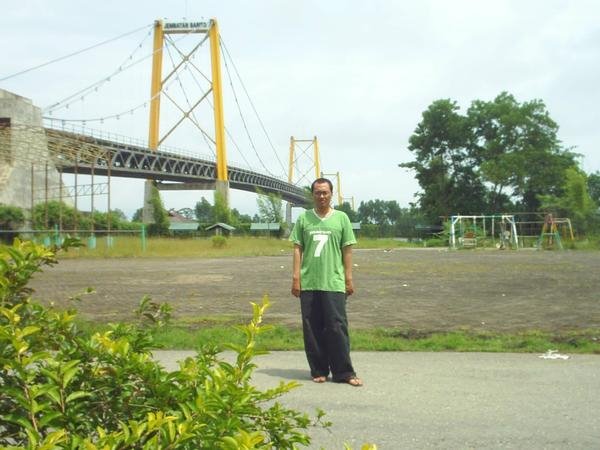The idea that diligence can make up for weakness speaks to the power of persistent effort and hard work in overcoming limitations. While some individuals may have natural talents or advantages in certain areas, diligence—the constant, focused effort to improve—can help compensate for areas where they may fall short. By putting in the necessary time and dedication, even those who face obstacles or have inherent weaknesses can make significant progress and achieve success.
Diligence allows individuals to build skills and knowledge over time, gradually reducing the impact of their weaknesses. For example, someone who may not initially excel in mathematics can compensate for this by consistently practicing problems, seeking help, and refining their understanding. With regular effort, their abilities improve, and their perceived weakness becomes less of a barrier. Diligence not only strengthens one’s skills but also fosters a mindset of growth and resilience, enabling individuals to confront challenges with determination.
Moreover, consistent effort often leads to the development of strategies that can turn weaknesses into strengths. A diligent person might recognize their weaknesses and find ways to work around them, such as learning more effective study methods, improving time management, or seeking mentorship. By identifying areas of improvement and applying a sustained effort to overcome them, diligence enables individuals to become more resourceful and adaptable in the face of adversity.
In essence, diligence compensates for weakness by emphasizing the value of hard work, persistence, and a positive attitude toward improvement. While natural talent and abilities certainly play a role in success, diligence is often the key differentiator that allows individuals to excel despite their shortcomings. It shows that, through consistent effort and a commitment to learning, one can not only mitigate weaknesses but also transform them into opportunities for growth and achievement.
.jpg)






No comments:
Post a Comment